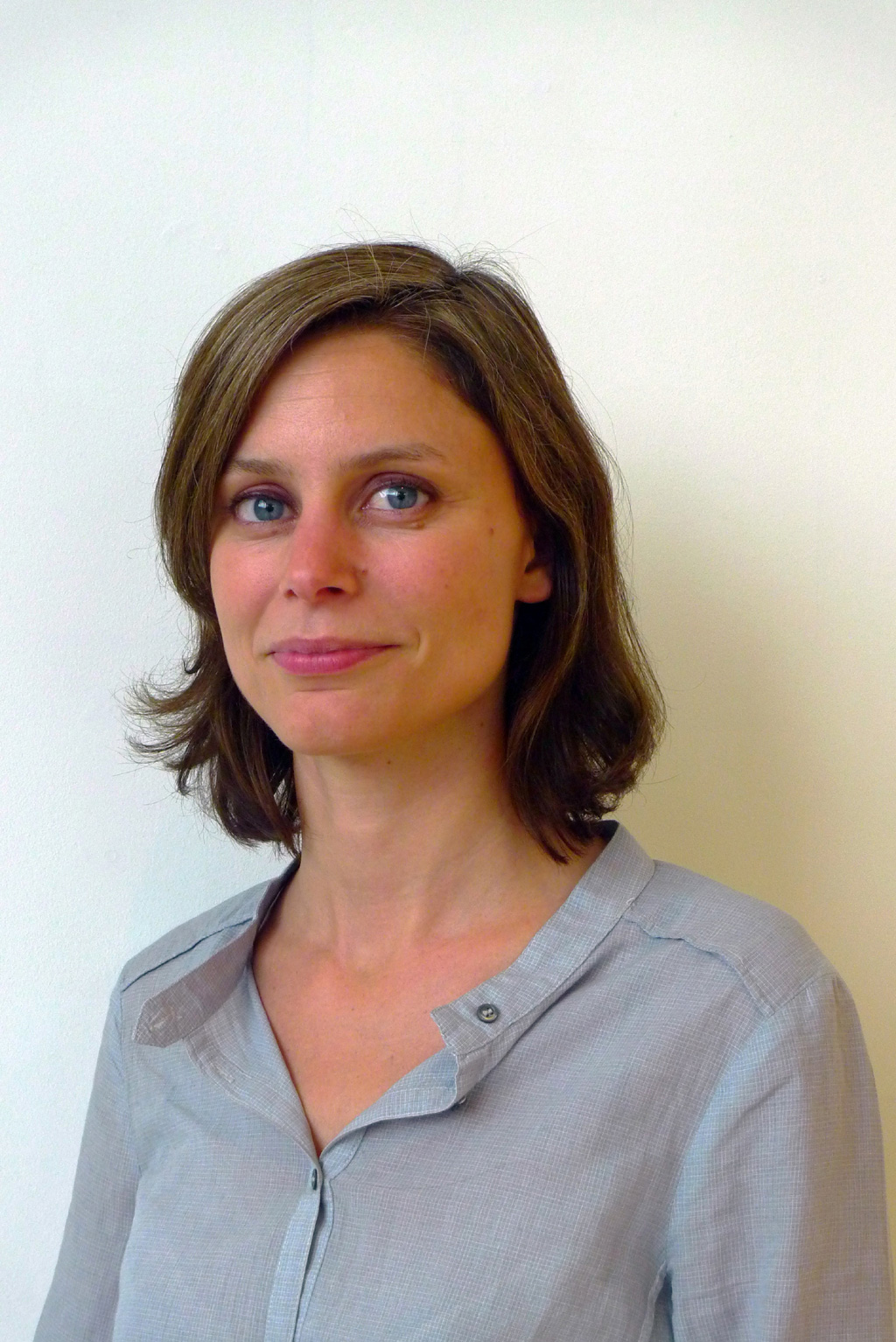
BA Selectors:
Kate Edwards, Picture Editor
The Guardian Weekend Magazine
www.theguardian.com
Introducing the Selectors for the BA Phase of Graduate Photography Online 2019: we talk to Picture Editor, Kate Edwards.
Tell us about your job? What does your core role at the Guardian Weekend involve?
As Picture Editor of Guardian Weekend I am responsible for all the photographic content of the magazine, both in print and online. The majority of the photography is commissioned to freelance photographers, so a large part of the role is considering what kind of images we need for a story, discussing these ideas with the editor and art director, considering which photographers would be right for the commission so as to be able to take our ideas and carry them forward. Then there is the production of each shoot, the editing of images, the research of images for context, uploading images for online, agreeing rights and fees and overseeing all the regular pages in the magazine.
How did you make your way into the career you're now in? Did you always want to work in a field that involved photography?
I had always enjoyed photography and studied it during sixth form. I studied History of Art at university and as part of the course covered certain artists that were working with photography. I imagined I would work in a gallery or museum, but an opportunity came up in a photo library, which gave me a great grounding in the business. I was involved in the whole process of working with photographers, processing their work (this is back in the time of shooting film and sending transparencies!), doing searches and getting a sense of what images worked for different clients and how you could include something surprising, that they hadn’t considered, that often turned out to be the most successful. After some time spent working abroad in another photo library, I started working for an English language paper in Argentina and that gave me a taste of the kind of work I really enjoyed, so on returning to the UK I sought work in that field.
How do you decide on what makes an interesting photograph or photographic project?
There are many factors involved in making interesting or powerful work and there are plenty of photographs and projects that are very interesting but that never make it into the magazine. A magazine is a jigsaw puzzle of different stories and regulars, making the mix work and remain relevant is a constantly moving task. For a story, I am looking for beautiful or arresting images, that create a mood and atmosphere and that show me things that I have not seen before, or tell me the story in a fresh or distinctive way. I look for stories that are important as well as personal stories that can reveal universal themes or invoke empathy. I also look for stories that are funny, quirky, surprising in tone or subject matter – trying to create a balance in the magazine between serious and fun, newsworthy and intimate.
As regards the photographer's statement, what are the most important things for you to know about the work? When it comes to showing their work outside of University, have you any tips on how graduates should prepare their work and the supporting material that accompanies it?
In a photographer's statement I want to the know what I am looking at and why. The specifics are important; names, ages, locations. If it's relevant, I want the background to the story and how the images relate to that. Ideally the statement wouldn’t be too long and would explain the work clearly and succinctly in straightforward language. When showing work, the most important thing is the quality of the images, both in terms of content and quantity. A strong edit is important – lots of images that include weaker or less relevant pictures weakens the work as a whole. Be confident about the story you want to tell and edit the project to best represent that with the strongest images. Have supporting material available to whoever is viewing the work, but appreciate that they are likely to have limited time, so keep the main body of work tight and limited.
In your view, what are the kind of qualities that completing a degree course in photography should endow an individual with? Aside from specifically technical skills, what is the difference that having a demographic of emerging photography graduates makes in the world?
I think graduates should emerge with a confidence to follow their own paths and to take photographs that are meaningful and truthful to them, regardless of current fashions or photographic movements. A knowledge of what has gone before and a dedication to research and to be honest in their work will mark them out as serious in their intent.
What are the challenges you see facing graduates from photography degree courses as they make their way into the world at this point in time?
Whilst there are undoubtedly challenges facing photography graduates – the number of images being created, the ease of access alongside shifting and less clear-cut markets, photography has never had such a high profile and greater interest and therefore the opportunities to push boundaries and get work seen and noticed, have never been greater.
What advice would you have for someone interested in working in your area of photography?
Get as much experience of working in different photographic and journalistic environments as possible, as knowledge and contacts gained there will greatly assist in roles where you need to think around a subject and take into consideration many different viewpoints. Know what you like and be prepared to fight for it!